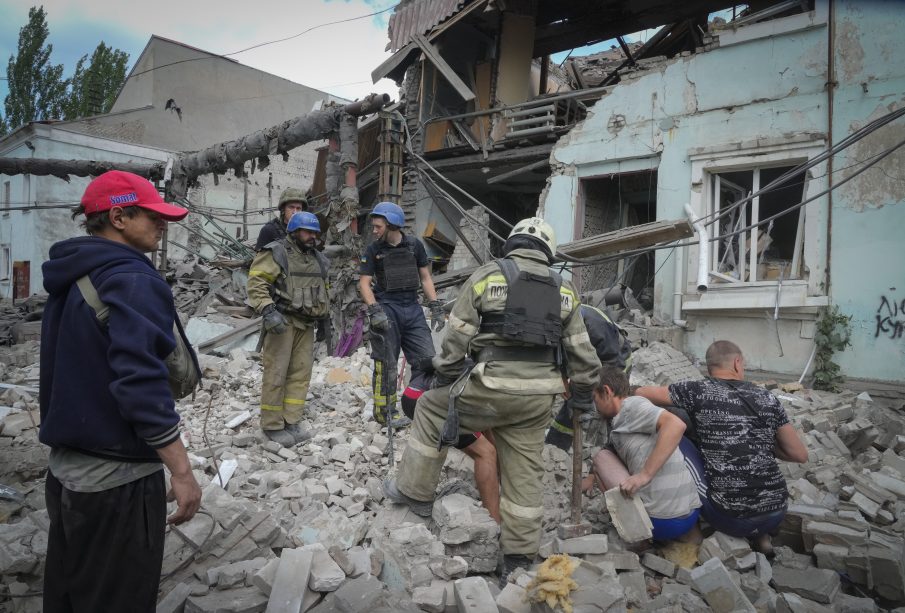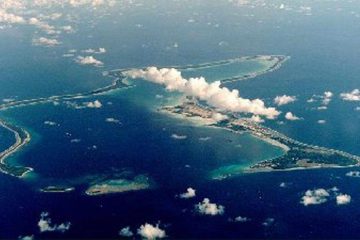The Ongoing Conflict: Understanding the Russia Ukraine War

Introduction
The Russia-Ukraine War, which began in February 2022 with Russia’s invasion of Ukraine, has become one of the most significant conflicts of the 21st century. This war has not only reshaped the geopolitical landscape of Eastern Europe but also raised serious concerns about global security, energy dependence, and humanitarian crises. As the conflict continues, its implications resonate far beyond the borders of the two nations involved, impacting international relations, economic stability, and global peace efforts.
Main Body
Context of the Conflict
The tensions between Russia and Ukraine have deep historical roots, going back to Ukraine’s struggle for independence and Russia’s annexation of Crimea in 2014. The recent escalation was marked by Russia’s military mobilization and full-scale invasion, which has resulted in catastrophic human losses and extensive destruction across Ukraine. The conflict has drawn widespread condemnation from numerous countries and has triggered a series of sanctions against Russia.
Humanitarian Impact
The ongoing war has led to a humanitarian crisis, with millions of Ukrainians displaced from their homes. According to estimates from the United Nations, over 8 million people have fled the country, while more than 5 million are internally displaced. These figures illustrate the urgent need for humanitarian assistance, as crucial infrastructure continues to be targeted in military operations, leaving civilians in dire conditions.
Geopolitical Ramifications
The Russia Ukraine War has profoundly affected global geopolitics. NATO has increased its military presence in Eastern Europe, while countries such as Finland and Sweden have expressed interest in joining the alliance. The war has also disrupted energy supplies, prompting European nations to seek alternatives to Russian gas, thereby accelerating the transition towards renewable energy sources. Moreover, it has sparked debates about military support for Ukraine, with Western countries providing arms and financial assistance to bolster Ukraine’s defense.
International Responses
This conflict has drawn widespread international responses, with many governments united in their condemnation of Russian aggression. Organizations like the European Union and the United Nations have imposed sanctions targeting Russian industries and individuals. However, discussions on a peaceful resolution remain complex, with ongoing diplomatic efforts being made in various forums but with little progress on a ceasefire.
Conclusion
The Russia Ukraine War is far from over, and its ramifications will likely shape international relations for years to come. As the international community grapples with the fallout of the conflict, the importance of dialogue and negotiations for a durable peace cannot be overstated. The situation remains fluid, and as conflicts evolve, it is essential for global powers to work collaboratively towards resolution and stability in the region. Observers and analysts will continue to monitor developments closely, hoping for a path that leads to reconciliation and lasting peace.









